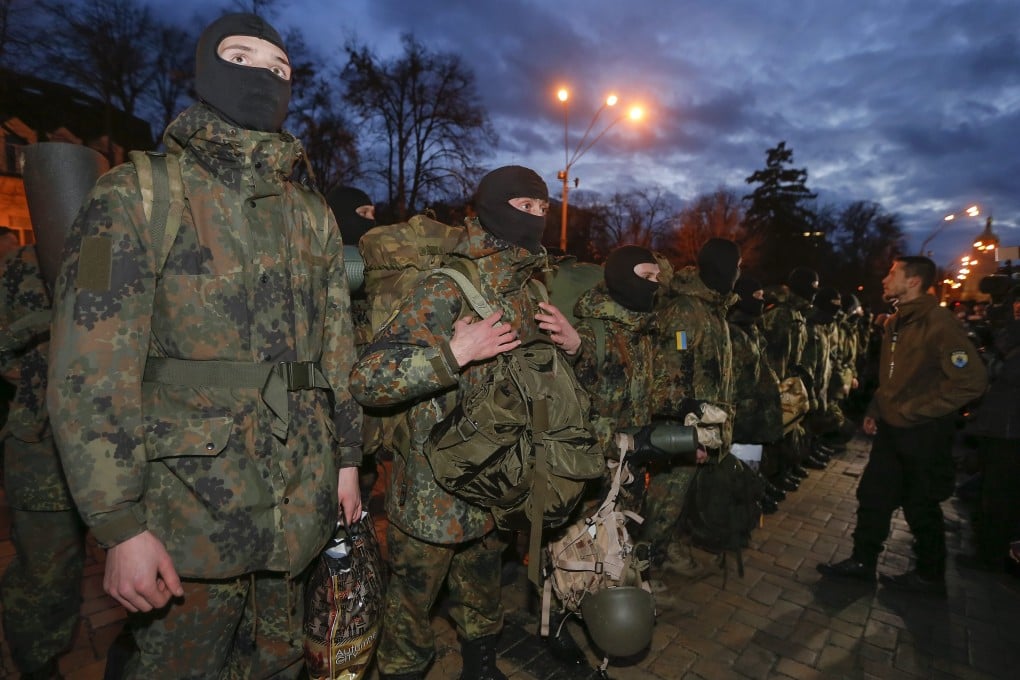Possible thaw in ties between Iran and West keeps region's strategists busy
Moritz Pieper says talks on a nuclear deal reveal the competing interests of China and Russia

Negotiations are like mushrooms, and often they do best in the dark," Wendy Sherman, America's chief negotiator on the Iran nuclear talks, said last October, quoting former US secretary of state Madeleine Albright. Yet, after many rounds of secretive negotiations, the P5+1 (the five permanent United Nations Security Council members plus Germany) and Iran failed to reach an agreement on Iran's nuclear status by November. The deadline for a "comprehensive joint plan of action" was extended to July.
A deal with Iran is badly needed. In political commentaries over the past few months, it has become common to link the conclusion of a nuclear agreement with Iran to any discussions of overall regional order in the Middle East. Against the backdrop of afterpains of foreign military interventions in Iraq, the consequences of the inability to end the conflict in Syria, and the outbreak of sectarian and extremist violence in these and other neighbouring countries, Iran suddenly moved to the centre of attention as an inevitable counterpart to find solutions to problems of common concern.
Iran is torn between conciliatory foreign policy experiments, which would require it to rethink some of its ideological founding myths, and resisting integrating into the international fold.
Meanwhile, the US government knows of the potential benefits of a US-Iran normalisation, but is careful not to spark the political wildfire that traditional US allies in the region like Israel and Saudi Arabia, and US domestic critics, would be sure to unleash.
Speculation of any rapprochement between Iran and the West will also inevitably affect strategic calculations in China and Russia - two countries that will significantly help to determine the future order of the Middle East.
Reports last year about a Russian-Iranian oil-for-goods barter agreement fuelled the impression that Russia is already thinking ahead for a scenario following a lifting of sanctions on Iran.
Russia's Iran policy constitutes a complex balancing between Russian commercial interests in Iran, the race for contracts with other powers (mainly China) and the fear of losing influence in the region and implications for US-Russian relations.